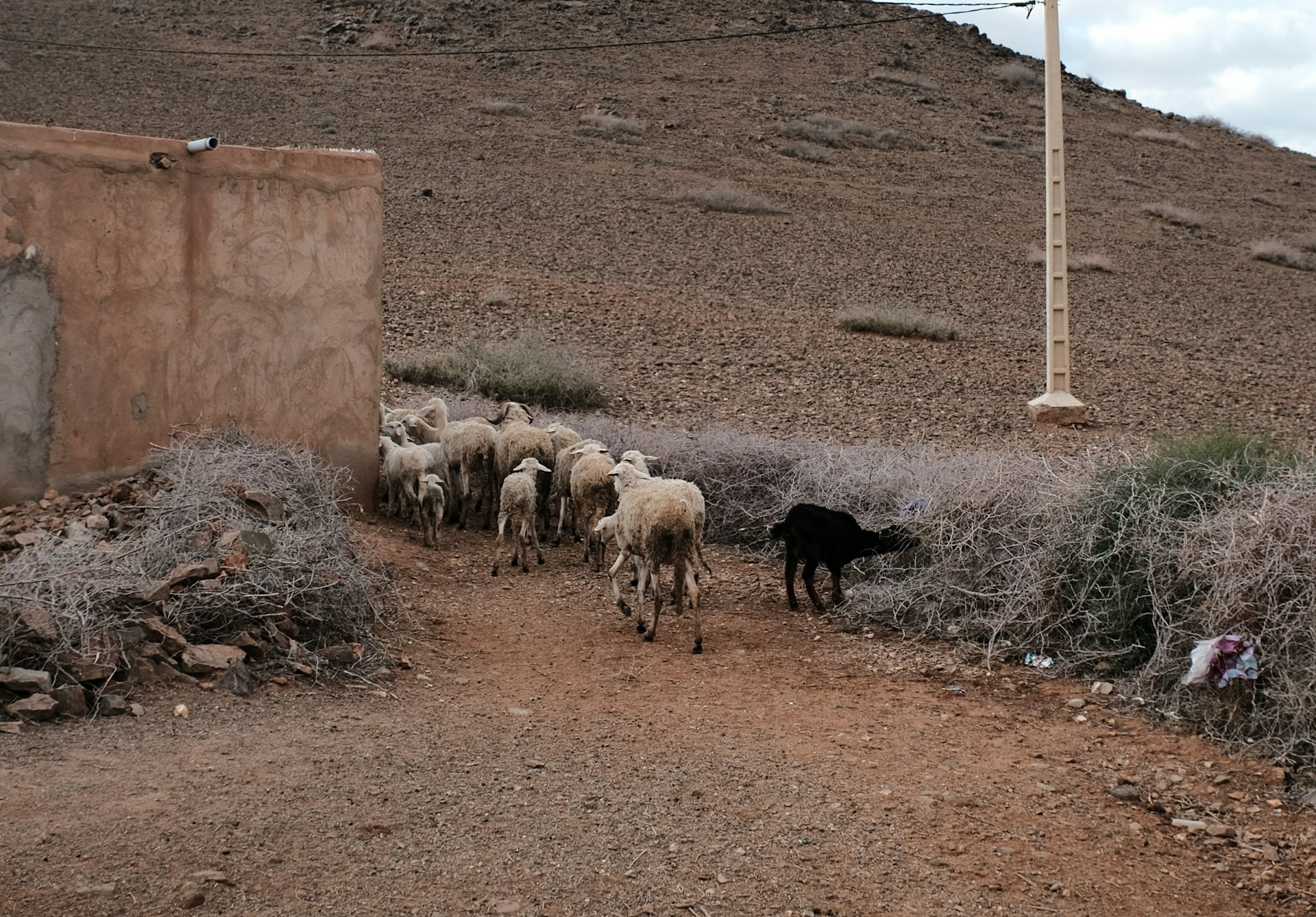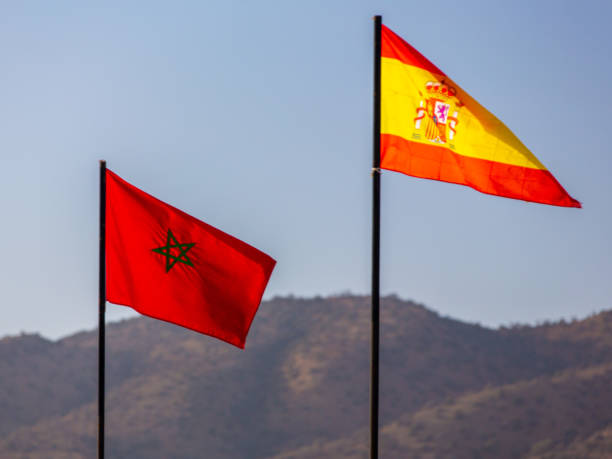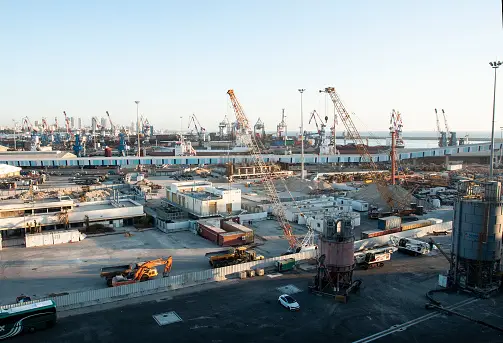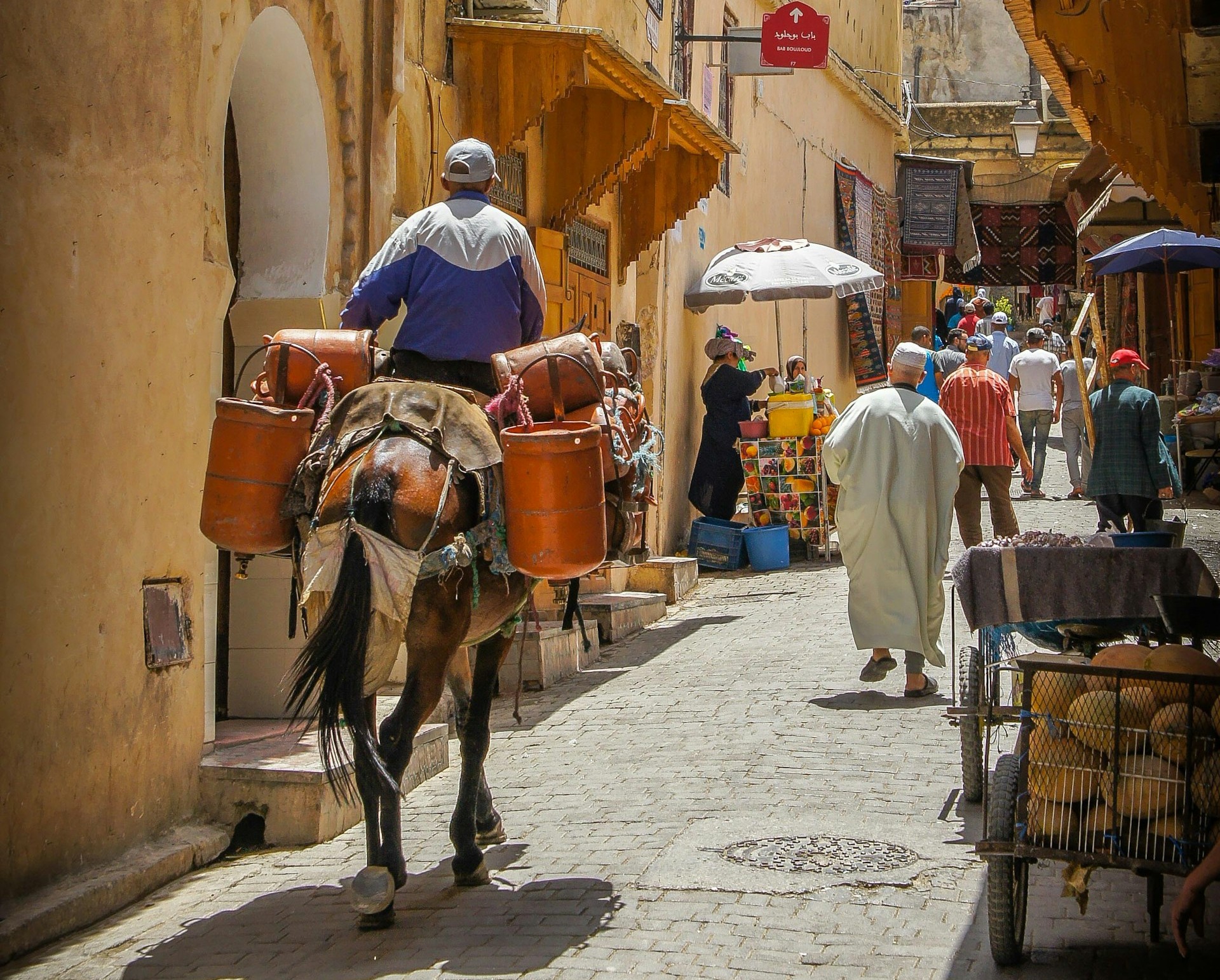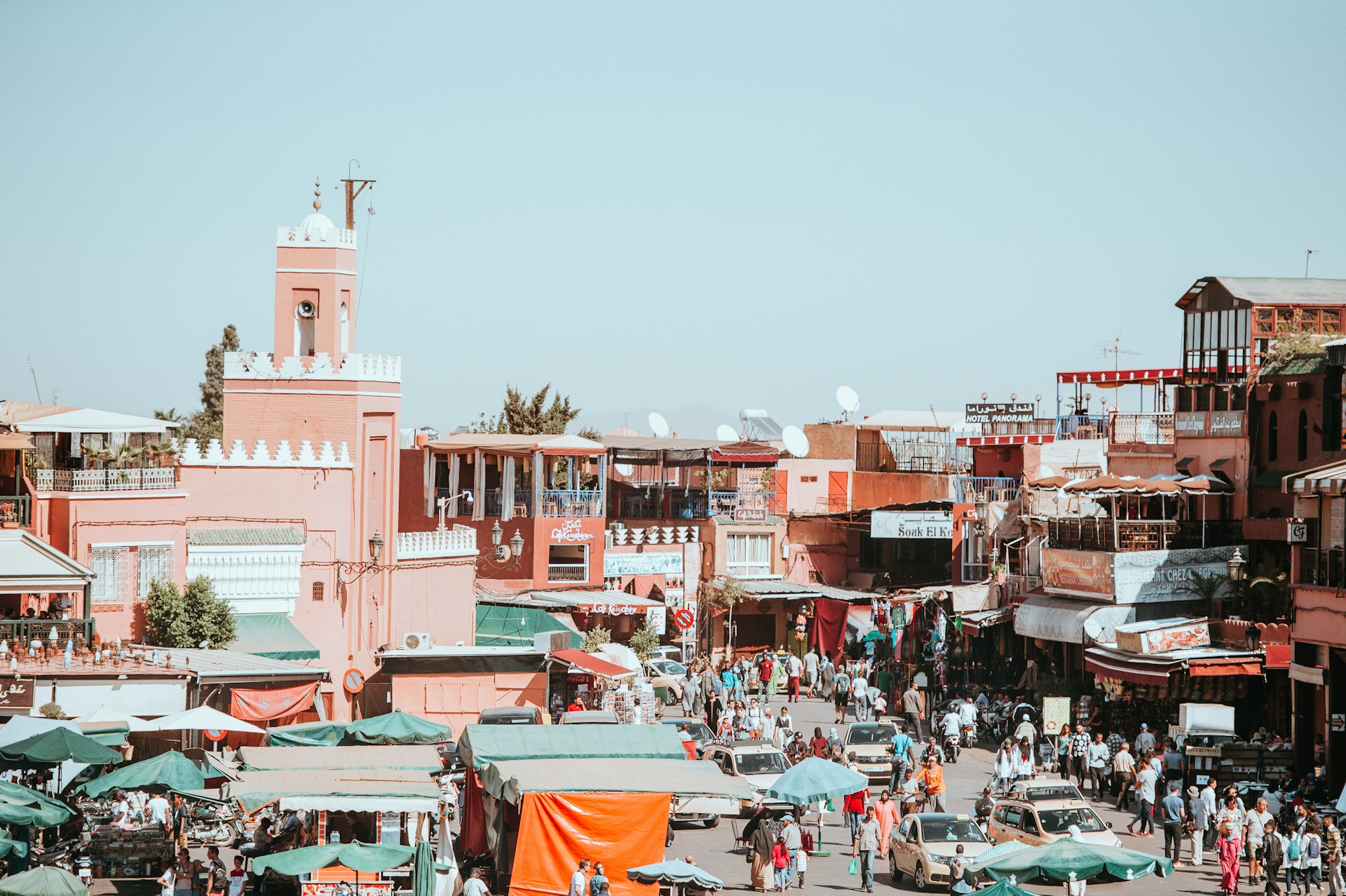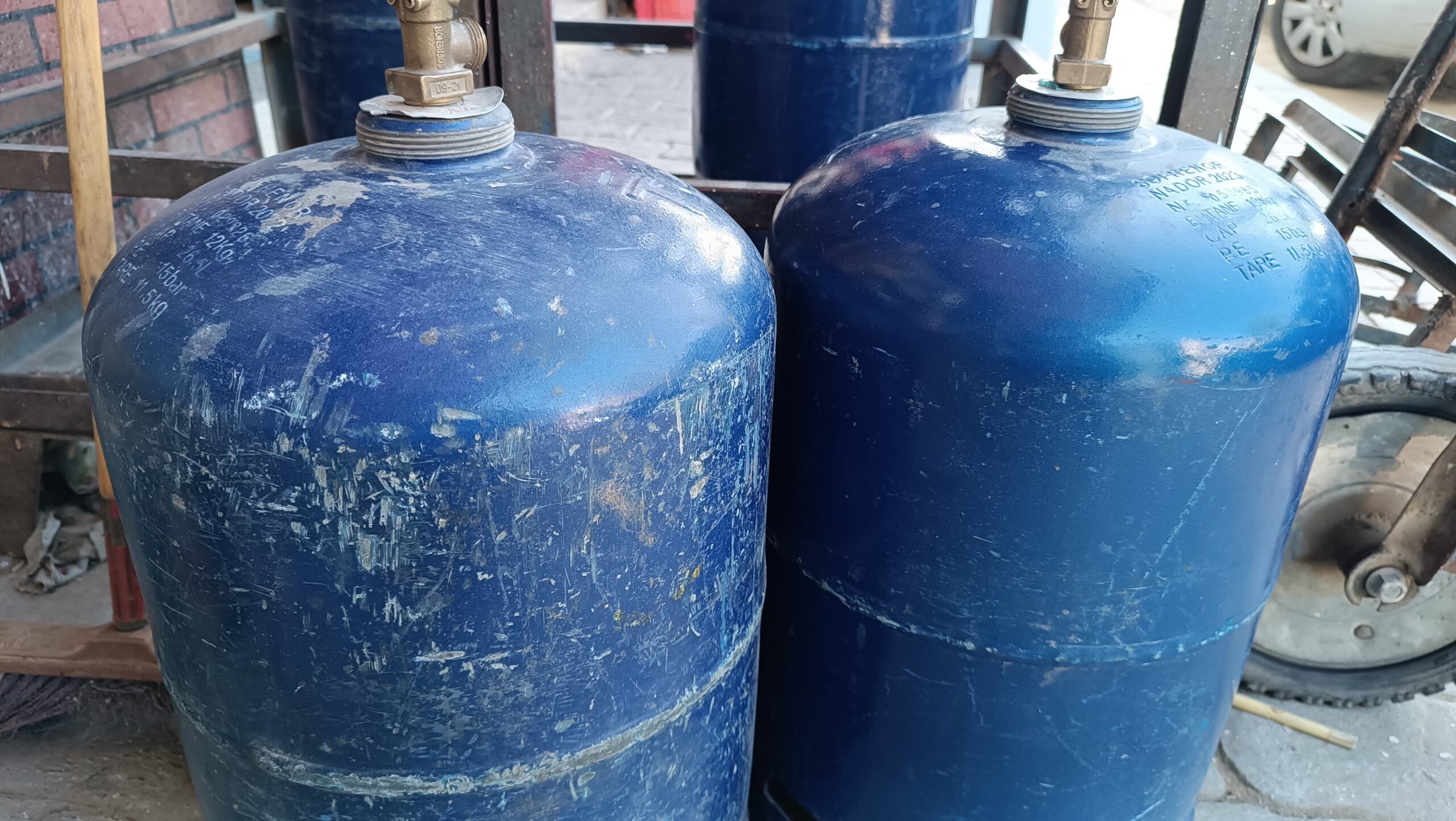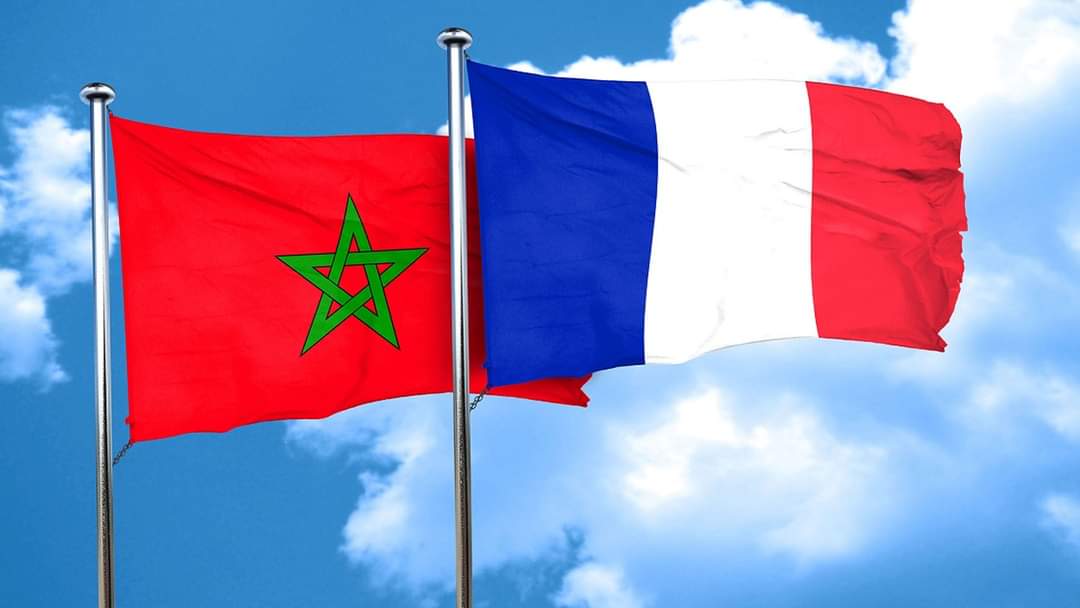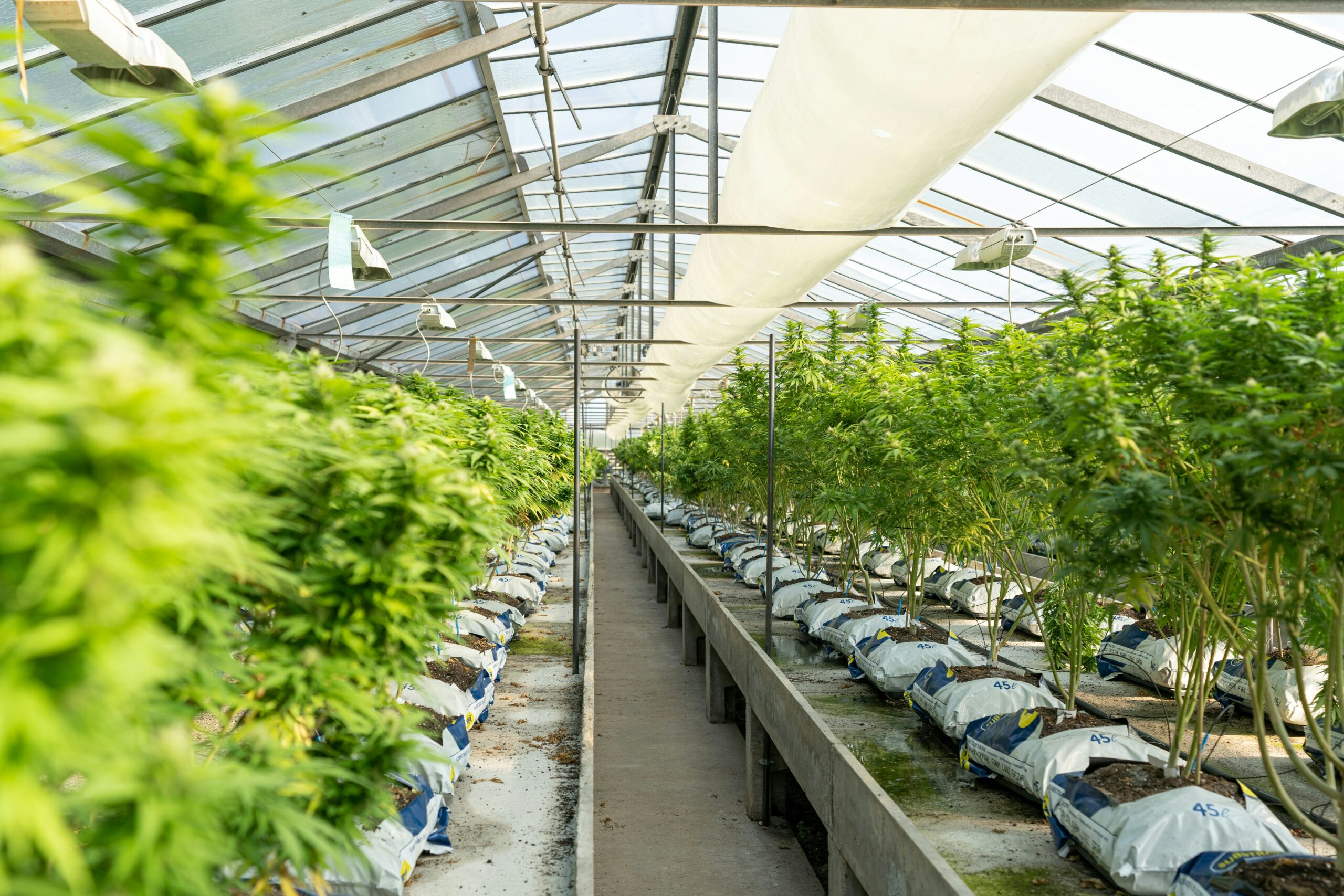Casablanca – Morocco has made significant strides in reducing illegal cannabis cultivation while strengthening its national strategy to regulate and promote lawful production. Recent data from the Ministry of Interior show that the area of land dedicated to illicit cannabis farming has fallen by 85% over the past two decades, reflecting a major policy success in combating the country’s long-standing challenges with drug production and trafficking.
According to the Ministry’s latest performance report for the 2025 fiscal year, the surface area used for illegal cannabis cultivation dropped from approximately 134,000 hectares in 2003 to just 20,627 hectares in 2025. This sharp decline is the result of a coordinated approach that combines enforcement, regulation, and social development measures aimed at helping farmers transition from illegal to legal and sustainable agricultural activities.
A dual strategy: Enforcement and legalization
The Ministry of Interior explained that the government’s current approach focuses on reducing the supply of illicit cannabis while consolidating the legal framework established under Law No. 13.21. Enacted to regulate the medical, pharmaceutical, and industrial uses of cannabis, this law has opened the door for controlled legal cultivation under state supervision.
Authorities have stressed that strict safeguards are in place to prevent any diversion of legally grown cannabis toward illicit markets. The goal is to ensure full compliance with the law while promoting an emerging legal sector that can generate new economic opportunities in Morocco’s northern regions, historically dependent on cannabis cultivation for livelihood.
At the same time, the Ministry continues to target the demand side of the drug market by cracking down on trafficking networks and illegal distribution. It has emphasized that the reduction of both supply and demand must go hand in hand for lasting results.
Record drug seizures and dismantled networks
The report highlights the scale of Morocco’s anti-drug operations. In 2024 alone, security services seized more than 344 tons of cannabis resin (chira), over 112 tons of kif plants, 2.5 tons of cocaine, 17 kilograms of heroin, and approximately 1.56 million psychotropic tablets. These figures underline the intensity of enforcement efforts across the country.
The momentum continued through 2025. By the end of August, Moroccan authorities had confiscated more than 385 tons of cannabis resin, over 60 tons of kif plants, 788 kilograms of cocaine, one kilogram of heroin, and about 1.26 million psychotropic tablets. These operations also led to the dismantling of numerous criminal networks involved in drug smuggling and distribution.
Law enforcement agencies have seized a variety of assets used in these illegal activities, including vehicles, international freight trucks, and maritime equipment such as speedboats, jet skis, and pleasure boats. These confiscations have disrupted major trafficking routes and networks that operate both domestically and internationally.
Capacity building and international cooperation
To strengthen the effectiveness of its anti-drug operations, the Ministry of Interior has invested in continuous training for security personnel and encouraged the exchange of expertise between national and international agencies. This capacity-building approach is intended to improve detection capabilities and enhance responses to emerging forms of drug trafficking — including synthetic substances and new narcotics not yet listed under international control agreements.
Morocco has also intensified surveillance along its coasts and land borders to combat smuggling attempts. The government has modernized border inspection systems with advanced detection and tracking technologies, allowing authorities to identify suspicious activities more efficiently.
The Ministry reaffirmed Morocco’s commitment to international cooperation in combating transnational drug crimes. It expressed readiness to continue working closely with global partners, including the United Nations Office on Drugs and Crime (UNODC), to meet the objectives of international conventions on narcotics and psychotropic substances.
Tackling psychotropic drugs and promoting prevention
Beyond enforcement, the Moroccan authorities have placed growing emphasis on combating the spread of psychotropic pills, which pose serious risks to public health and social stability, particularly among young people. The Ministry described this issue as “extremely concerning,” calling for an integrated response that combines security measures with preventive action.
To this end, Morocco has strengthened controls around schools and youth environments, expanded public awareness campaigns about the dangers of drug use, and engaged civil society organizations in preventive education. The government’s approach also includes a public health dimension, treating drug users as victims who need care and rehabilitation rather than as offenders. Specialized centers have been established to provide treatment, support, and reintegration services for individuals struggling with addiction.
Toward a sustainable and regulated cannabis sector
The Ministry of Interior’s report underscores that Morocco’s policy is not limited to repression but also aims to create legal and sustainable economic alternatives for farmers. By encouraging the cultivation of cannabis for medical and industrial purposes, the government seeks to channel production into a controlled, transparent, and value-generating framework.
This dual strategy — combining enforcement against illegal cultivation and the promotion of legal, regulated production — reflects a long-term vision for transforming Morocco’s cannabis economy. It aims to preserve social stability in rural areas, protect public health, and strengthen the country’s position as a responsible actor in global drug policy reform.
As Morocco continues to implement its anti-drug and legalization strategy, the decline in illicit cannabis cultivation marks a significant milestone — one that highlights the country’s commitment to combining development, legality, and international cooperation in addressing a complex and evolving challenge.







